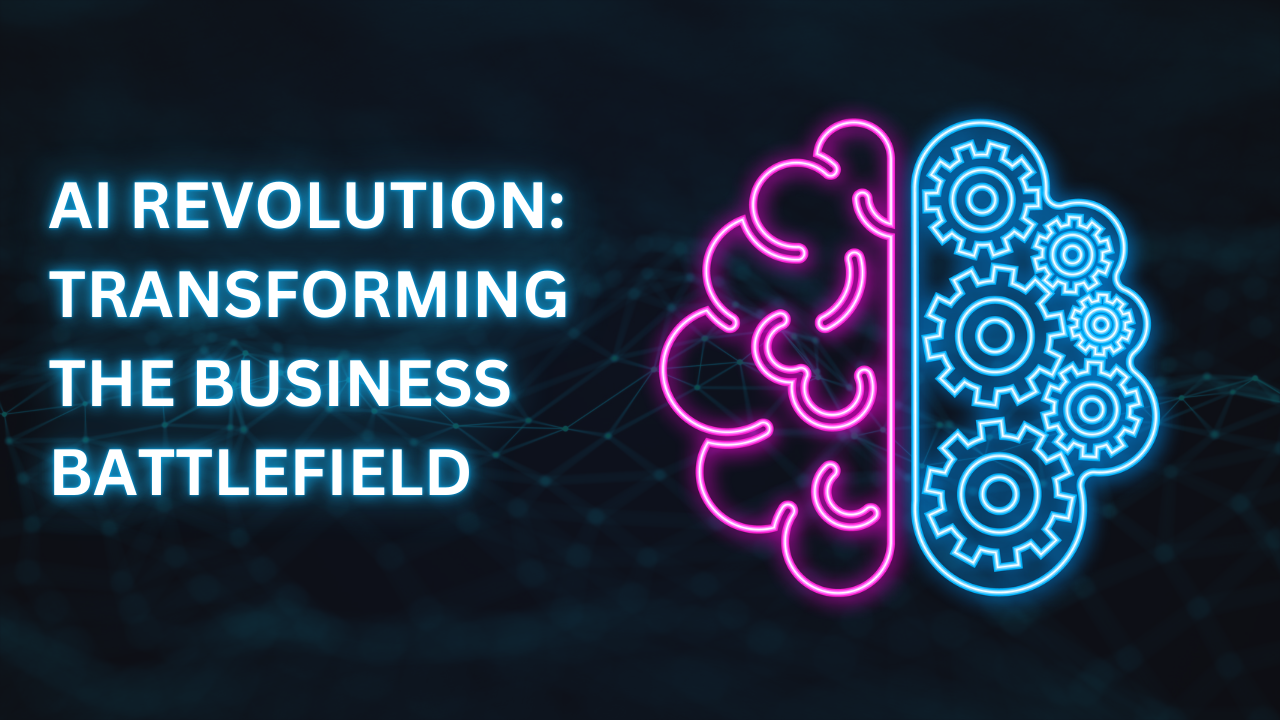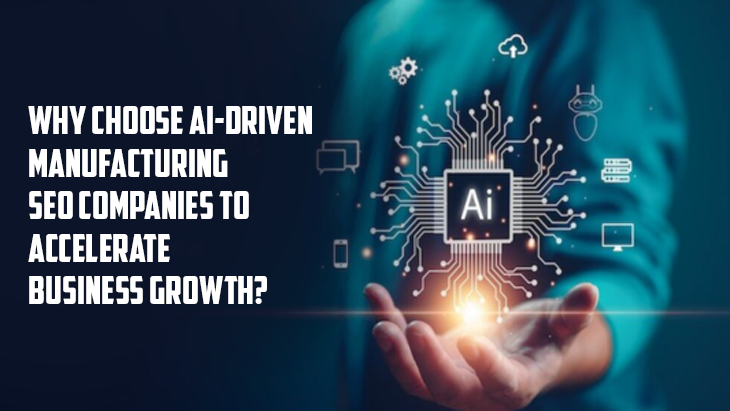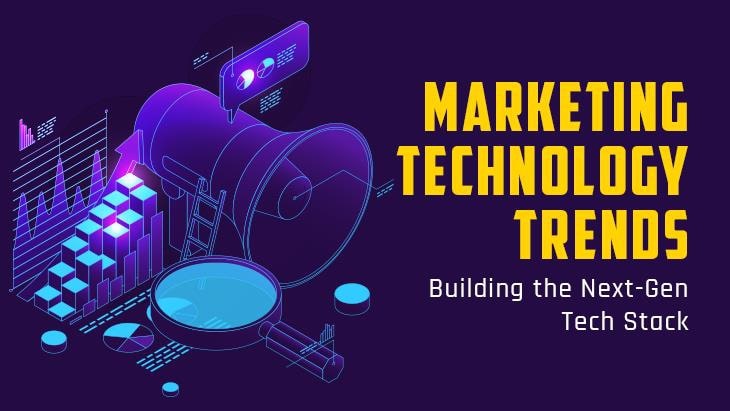In today’s digital age, Artificial Intelligence (AI) is no longer just a buzzword but a significant driver of transformation across various sectors. Businesses, big and small, are tapping into AI's potential to enhance efficiency, improve customer service, and gain a competitive edge. The integration of AI into business operations and strategies is rapidly changing the competitive landscape, forcing companies to adapt or fall behind.
AI technologies, such as machine learning, natural language processing, and robotics, are not just reshaping traditional practices but are also creating new paradigms for how businesses operate. These technologies enable businesses to make data-driven decisions, automate routine tasks, and personalize customer experiences at scale. As a result, companies that leverage AI are setting new standards in service excellence and operational efficiency.
For students exploring careers in business, understanding the impact of AI is crucial. This technology is not just an optional tool but a fundamental component that will define future business models. Whether you are studying business, technology, or any related field, integrating AI knowledge into your skillset is essential. And if you’re tasked with an essay or project on this topic, remember the essay writer, EssayPro can provide expert guidance to help you navigate this complex subject.
AI in Customer Experience
One of the most visible impacts of AI in business is in the area of customer experience. AI-powered chatbots and virtual assistants are now common on websites, providing 24/7 customer service that can answer queries, resolve issues, and even recommend products based on customer preferences. This not only improves customer satisfaction but also reduces the workload on human employees, allowing them to focus on more complex customer service tasks.
Moreover, AI is being used to personalize customer experiences at an unprecedented scale. By analyzing vast amounts of data, AI can identify patterns in customer behavior and tailor marketing messages and product recommendations with incredible precision.
This capability makes marketing efforts more effective and enhances customer engagement, driving sales and fostering brand loyalty.
AI in Operational Efficiency
Beyond customer-facing functions, AI is revolutionizing back-end operations as well. In manufacturing, AI-driven robots are being used to streamline production lines, reduce errors, and maintain high-quality standards. These robots can work around the clock, significantly increasing productivity and reducing operational costs.
In the realm of supply chain management, AI algorithms predict demand fluctuations more accurately and optimize inventory levels. This not only minimizes the risk of stockouts or excess inventory but also enhances the overall agility of the business.
By predicting trends and making real-time adjustments, companies can respond more swiftly to market changes.
AI in Decision Making
AI’s ability to process and analyze large datasets is also transforming decision-making processes. Business leaders use AI-driven analytics to gain insights that were previously impossible or extremely costly to obtain. These insights can inform strategic decisions such as market entry, product development, and mergers and acquisitions.
AI tools also help in risk management by identifying potential risks and suggesting mitigation strategies based on data trends. This proactive approach to risk management can save companies from costly errors and enhance their reputation in the industry.
Challenges and Ethical Considerations
However, the integration of AI into business practices is not without challenges. Issues around data privacy, security, and ethical AI use are increasingly coming to the forefront. Businesses must navigate these challenges carefully to build trust with consumers and comply with regulations.
Moreover, there is growing concern about job displacement due to AI automation. Businesses need to consider the social impact of their AI strategies and work towards solutions that also prioritize human workers, such as reskilling programs and job redesign.
Leveraging AI for Market Insights
AI's capacity to sift through massive amounts of data in real-time enables businesses to identify emerging market trends faster than ever before. Tools powered by AI analyze consumer behavior, social media patterns, and economic shifts to provide actionable insights that can inform product development and marketing strategies.
This real-time data analysis helps companies stay ahead by quickly adapting to consumer needs and market demands, ensuring they remain competitive in fast-paced industries.
AI-Driven Innovation
The innovation that AI brings to the table is profound. It allows companies to explore new business models and enhance product offerings with features that were previously unimaginable. For instance, AI can help automotive companies develop smarter, safer self-driving cars by rapidly processing the data collected from various sensors and improving upon existing algorithms.
Similarly, in healthcare, AI is being used to predict patient diagnoses based on symptoms and history more accurately than some traditional methods, potentially saving lives through earlier intervention.
Enhancing Employee Productivity
AI is not just a tool for replacing human efforts but enhancing them. AI-driven tools can take over mundane, repetitive tasks, freeing up employees to focus on more creative and strategic activities.
This shift can lead to higher job satisfaction and productivity as employees engage in more meaningful work. Furthermore, AI can assist in personalizing training programs for employees, adapting to their learning pace and style, which improves their skills more efficiently and effectively.
Sustainable Practices Through AI
Businesses are also using AI to become more environmentally friendly and sustainable. AI can optimize energy usage in manufacturing and reduce waste by improving supply chain logistics.
This leads to not only cost savings but also a stronger, more responsible brand image. Consumers increasingly favor companies with sustainable practices, and AI helps businesses meet these ecological standards without sacrificing performance.
AI in Risk Management
Beyond improving operational efficiency and driving innovations, AI plays a crucial role in risk management. By analyzing historical data and identifying patterns, AI systems can predict potential failures and security breaches before they occur.
This preemptive approach allows companies to address vulnerabilities proactively, avoiding the reputational damage and financial losses associated with such risks.
Ethical AI Use and Corporate Responsibility
As businesses continue to integrate AI into their operations, the ethical implications become more significant. Companies must ensure that their AI systems are transparent and fair, avoiding biases that could lead to discriminatory practices.
This involves careful design and continuous monitoring of AI systems to ensure they operate as intended without infringing on privacy or leading to unequal treatment of customers or employees.
Final Thoughts
The rapid advancement of AI technology is undeniably reshaping the competitive landscape of business. For companies, the ability to adapt and innovate with AI is becoming a key determinant of success in the digital age.
For students and upcoming professionals, understanding AI’s applications and implications is crucial for navigating future careers in business.
















Post Comments